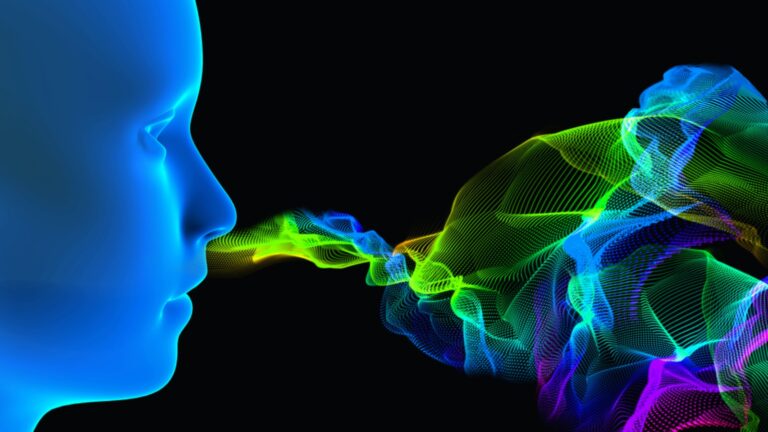
Is your sense of smell suddenly not working very well? Not to panic you, but sudden olfactory loss has emerged as a significant symptom in about 60 percent of COVID-19 patients.
In fact, in France, people reporting a dramatic drop-off in their ability to smell are automatically assumed coronavirus-positive.
Based on this data, Weizmann Institute scientists, in collaboration with Wolfson Medical Center in Holon, developed SmellTracker – an online platform that enables self-monitoring of smell in order to detect early signs of COVID-19.
SmellTracker was cooked up in the olfactory research lab of Prof. Noam Sobel in the Weizmann Institute’s Department of Neurobiology.
His team previously developed a mathematical model that accurately characterizes an individual’s unique “olfactory fingerprint.”
Using this existing algorithm, SmellTracker guides users on mapping their sense of smell with the help of five scents found in virtually every home (spices, vinegar, toothpaste, baking extracts, peanut butter and others). The test is available in English, Hebrew and Arabic, and is also expected to be available in Swedish, French, Japanese, Spanish, German and Persian.
The five-minute online odor test can discover sudden changes in odor perception that may be an early indication of COVID-19. The test has already identified potential coronavirus cases that were later confirmed.
As more data is collected, the researchers are more likely to be able to characterize a unique olfactory fingerprint for the early detection of COVID-19.
The venture, launched with backing from the Ministry of Defense, will be promoted in the coming days in Sweden, France and other countries.
Sobel’s lab also is distributing “scratch and smell” kits among confirmed coronavirus patients to map their sense of smell.
